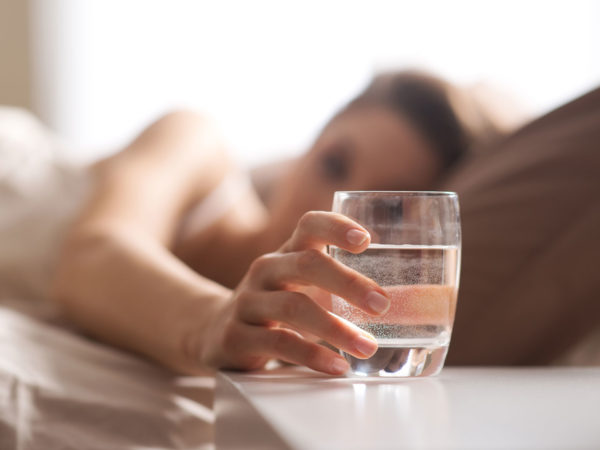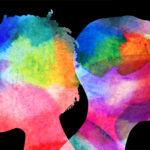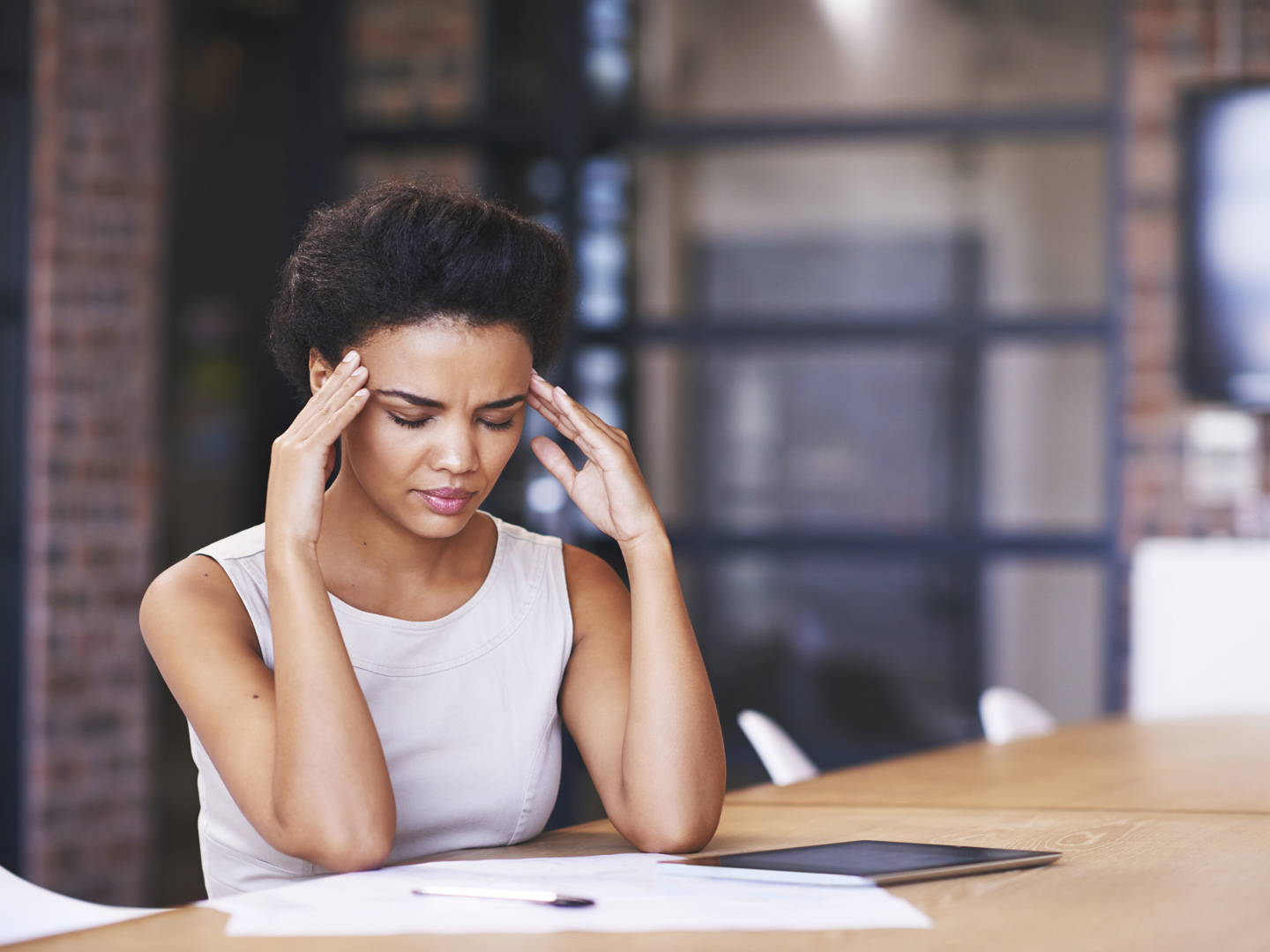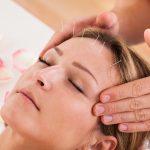Hangover Headaches

What Are Hangover Headaches?
Headaches are one of the several symptoms of hangovers resulting from consuming too much alcohol. Others include malaise, diarrhea, loss of appetite, fatigue, nausea and sensitivity to light, sound and motion. Excessive drinking can trigger headaches among people who have migraines, cluster headaches or tension headaches. Hangover headaches appear to be more common in men than in women.
What Are The Symptoms Of Hangover Headaches?
Hangover headaches typically begin five to 12 hours after consuming alcohol and can last as long as 72 hours. Like migraines, they are marked by throbbing pain, but unlike migraines, they aren’t confined to one side of the head. Physical activity worsens the pain.
What Are The Causes Hangover Headaches?
When you consume alcohol, it is distributed throughout the body, affecting the function of all organs. Hangover headaches occur as a result of alcohol’s disturbance of blood flow to the brain and of brain chemistry.
Prevention Of Hangover Headaches
The best way to prevent hangover headaches is to avoid drinking too much alcohol. That means no more than one drink a day for women of any age and for men over the age of 65 and up to 2 drinks a day for men age 65 and younger. Some evidence indicates that hangovers are less likely to occur after drinking clear liquors such as vodka and gin rather than dark ones such AS whiskey. Bourbon, rum and cognac are particularly rich in “congeners,” toxic impurities that can greatly intensify hangover symptoms. Champagne and some sweet wines are also notorious causes of hangovers.
You’re unlikely to avoid a hangover headache by taking any of the over-the-counter drugs sold to prevent them. However, you may be able to lower the risk by eating before or while you’re drinking in order to slow the absorption of alcohol. Drinking water between alcoholic drinks may help you stay hydrated and cut down on your alcohol consumption.
Conventional Treatment Of Hangover Headaches
You can treat hangover headaches with non-steroidal anti-inflammatory drugs including aspirin and ibuprofen, although these medications can add to hangover-related stomach upset. Acetaminophen (Tylenol) isn’t recommended for hangover headaches, because it can have toxic effects on the liver if there’s any alcohol left in your system. Drinking plenty of liquids, including broth and tomato juice can help, as can consuming carbohydrates, since these foods may increase blood sugar levels lowered by alcohol. There’s no scientific proof that any of the many pills and patches marketed as hangover cures actually work.
What Does Dr. Weil recommend For Hangover Headaches?
Dr. Weil views no alcohol or moderation in alcohol use as the best way to avoid hangovers and the headaches they cause. He also suggests consuming as much water as possible while you’re drinking to avoid dehydration. Taking aspirin before drinking, though popular, doesn’t help.
Dr. Weil notes that the best and only sure-fire remedy for hangover headaches is time: As your body metabolizes the toxic overdose of alcohol, your symptoms will subside. If you have access to pure oxygen in a canister, you can try inhaling some to see if it speeds recovery. In addition, he does recommend taking a B-complex vitamin supplement plus extra thiamin, vitamin B1 (100 mgs) to counter the B-vitamin depletion caused by alcohol.
Source:
Ottar Sjaastad and Leiv S. Bakketeig, “Hangover headache: various manifestations and proposal for criteria. Vågå study of headache epidemiology.” Journal of Headache Pain, 2004, DOI 10.1007/s10194-004-0131-4














